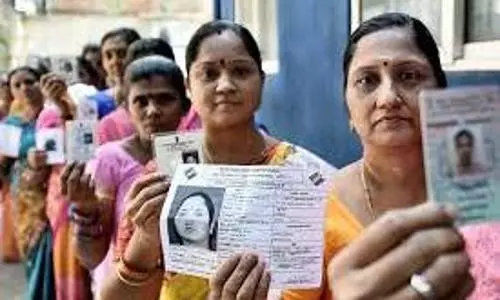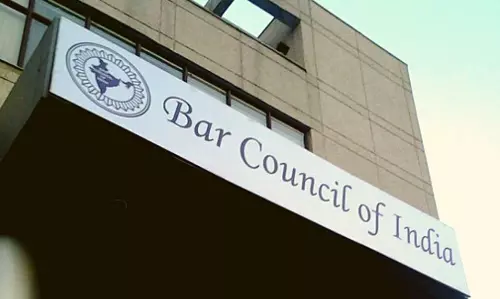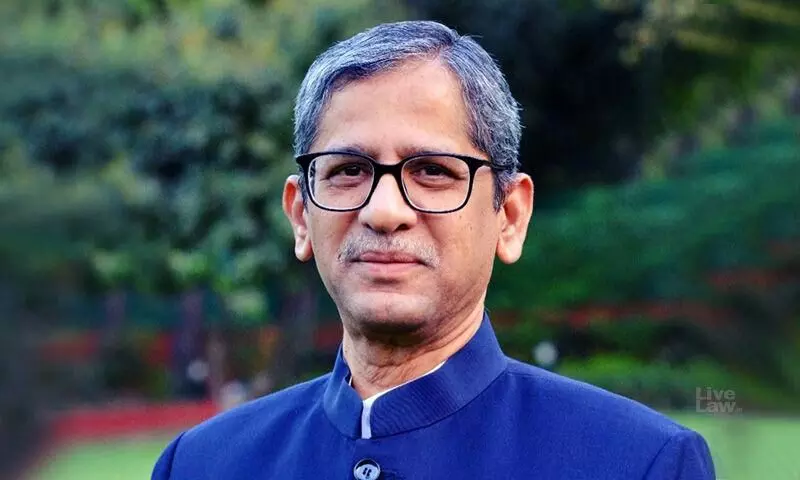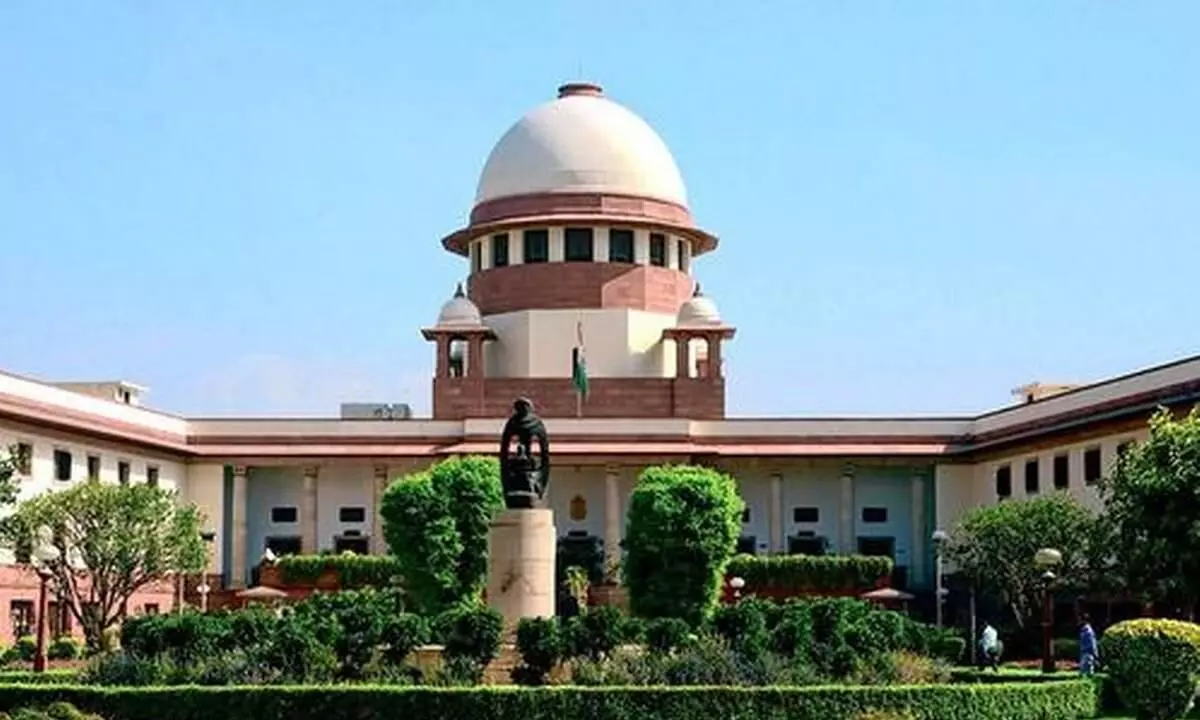
Who will change these laws?
text_fieldsChief Justice of India NV Ramana
"We need 50 per cent representation for women in judiciary... It is an issue of thousands of years of oppression. In lower levels of the judiciary less than 30 per cent of judges are women... in high courts it is 11.5 per cent... in Supreme Court only 11-12 per cent are women…. . Of 1.7 million advocates in the country, only 15 per cent are women. The Bar Council of India National Committee does not have even a single woman representative...These issues need urgent correction. …… I want to remind all of you of what Karl Marx said.. I will modify this: 'Women of the World unite. You have nothing to lose, but your chains'." These are not words of any human rights activists or feminist bodies or any women lawyers' collective. These were remarks by none other than Chief Justice of India NV Ramana which he made at a felicitation function organised by Lady Advocates of the Supreme Court. And going by Justice Ramana's interventions in the short span of his tenure, one can vouch for the fact that the pronouncements are not any punch dialogue intended to win plaudits or hit headlines. Another judge, Justice PS Narasimha, who is expected to become chief justice in future, added to Justice Ramana's comments that the representation could be even higher than 50 percent, and stressed the need to liberate the judiciary from colonial era laws by saying " de-colonialisation is actually a constitutional mission for us". He took the cue from the Chief Justice's remarks a few weeks ago about the need for Indianisation of the Judiciary to make administration of justice easy.
The suggestions by both judges are immensely relevant in current times. Most observers have for long pointed out that augmented representation of women in the judiciary would pave way to ensuring justice to women, children and weaker sections and making the system and society more humane and compassionate. Civil rights advocates as well as jurists have been repeating that even decades after attaining independence, the poisonous cobwebs stuck in our law books and court rooms remain intact. An enquiry on why it remains so despite identifying the cause and remedy of the problem, would make one thing clear: the ruling dispensations do not want that. They need such colonial laws and provisions to incarcerate without letting any sunshine of freedom in, those who raise voices of dissent, by branding them as anti-national. In order to put communities they loathe under accusations of crime, they need the laws and interpretations which the colonial regime had produced.
For the simple reason that if a judge who had some time in the past pronounced a judgment not in favour of a hegemonistic ruler, he is denied appointment as judge against the collegium recommendation, then there is little wonder that a change of rules will remain a distant dream. If one can recall the manner in which a sexual abuse allegation a few years ago against the chief justice was handled, women cannot be blamed for feeling that judiciary is a province with no place for them. The honourable CJI himself has called attention to the fact that out of 6,000 trial courts in the country, 22 percent do not have even ladies' toilet facility; that speaks for the care for women in infrastructure. The fault of those who conceived the court and the legal system as a male bastion was not corrected by any one. If more and more female students still come forward to join law colleges and study law and become part of the judiciary in law colleges, that should be because of a conviction that another world is possible. When it is a matter of pride and consolation that for the first time in history, the Supreme Court can boast of four women judges, that comes as only a small recompense for the injustices down to women for years. In a scenario where a governance model that challenges and bypasses the constitution and its institutions rules the roost, reforms in the judicial sphere are easier said than done. Despite all this, and amidst all despairing thoughts, the exhortation of the Chief Justice gives a fresh breath of hope to every one yearning for law and justice to prevail overall.



























